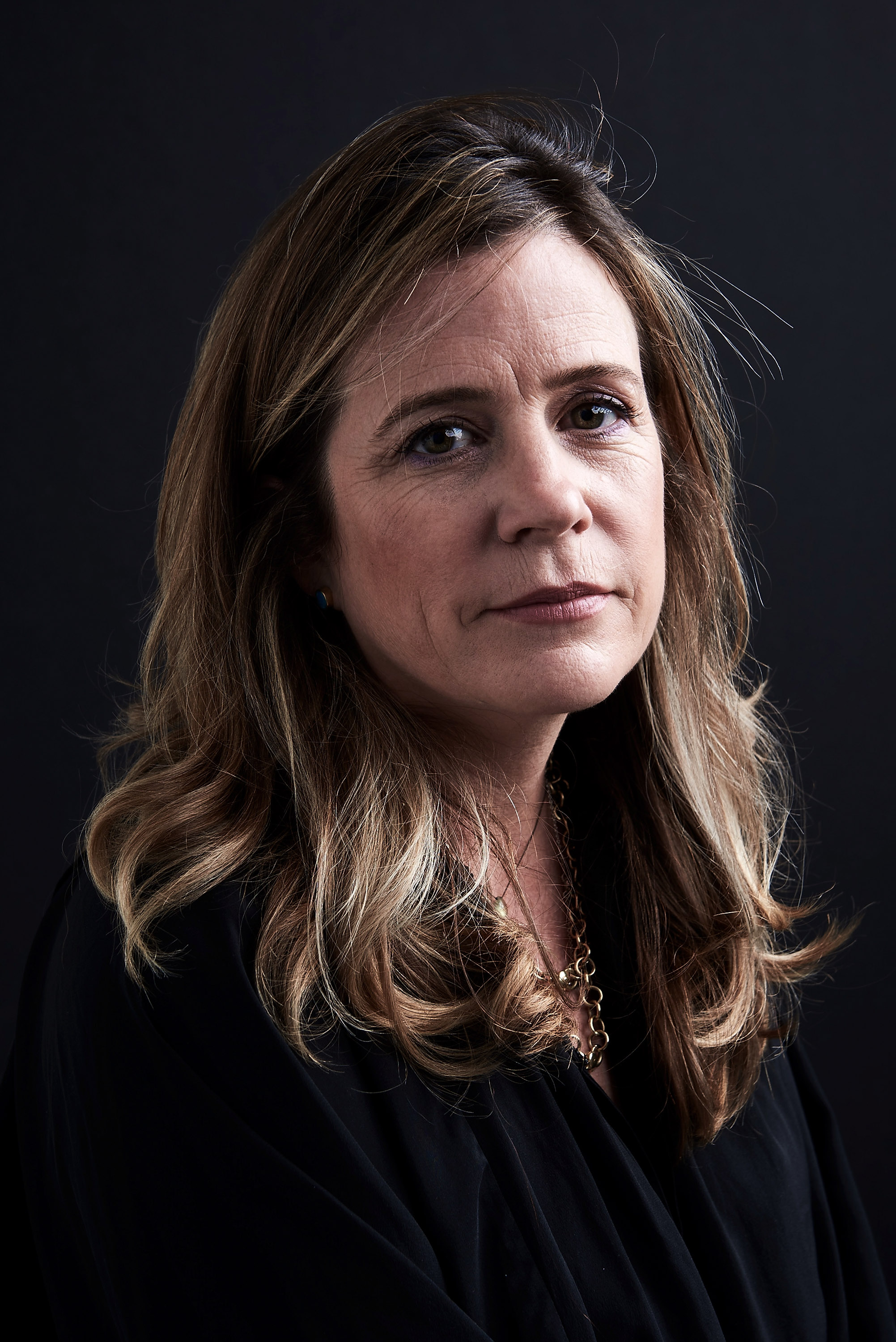
Tragos is director of HBO Documentary Films’ Abortion: Stories Women Tell, out Aug. 12
I am grateful that the Supreme Court ruled Monday that HB2, a Texas law that would have resulted in the closure of the majority of abortion clinics in the state, and laws like it are unconstitutional.
I have spent nearly two years avoiding Twitter and Facebook, turning away from the rhetoric of politics and positions, the ugliness of those with their talking points perfected who want to shame and punish and damn women who have abortions. Instead, I took my camera and traveled to my home state of Missouri to film a documentary for HBO that would give women on both sides of the issue a voice. I wanted to hear and record the stories, as complicated and varied as they are—stories that are beyond agenda—from working women who largely don’t have time for social media and just want to go to school or work, to raise their children and to live their lives.
Missouri could be Mississippi or Utah or Texas or any number of the states that have become battlegrounds for reproductive health. What I have seen in Missouri fills me with anger, urgency and fear. Conservative legislators do not believe women should have freedom to make decisions because, they feel, many women lack an understanding of what is right—morally and personally. The lines of church and state are blurred. And women, regardless of their beliefs, are hamstrung and shamed by overarching and overreaching ideology that denies them personal liberty and medical care.
I met beautiful women who have tremendous potential and who have had their free-will threatened: a student who wants to stay in school; a mother who is doing the best she can to care for the children she already has; a young woman who does not believe in abortion but whose life is in danger if she carries her pregnancy to term. I also met a woman who stands on a street corner and prays, who believes that “God is amassing an army” to save babies in utero. I met a woman frustrated by the lack of unity in the reproductive rights movement, who desperately wants to change the conversation about women’s rights but feels powerless to have any impact. I met a pregnant doctor who performs abortions despite threats.
While states like Missouri pass increasingly onerous waiting period laws, and states like Texas attempt to legislate the width of hallways, every-day women are increasingly disenfranchised. How can states ignore federal law and constitutional rights? The goal with their restrictions is thinly veiled: they want to close enough clinics, to force women to wait so long, without any medical basis, to have to drive hundreds of miles, ultimately, to make the whole process simply too arduous, that women give up.
Monday’s Supreme Court ruling stems that unhealthy and unwarranted tide. At least for a moment, I am optimistic about the future of women in America—that we can live in a country where women can pursue their dreams and have just as many rights to make decisions over their lives as men. But those who care about access to reproductive health services know that much more work remains to be done. We still have a long way to go.
We have heard the statistics—but they are worth repeating. At least half of the women in America will experience an unintended pregnancy by age 45. At 2008 rates, one in 10 women will have an abortion by age 20, one in four by age 30 and three in 10 by age 45. And here we are in 2016, more than 40 years after Roe v. Wade made abortion legal, with presidential hopefuls talking about punishing women who seek abortion care as more and more restrictive state laws are being passed seemingly on a daily basis.
In making Abortion: Stories Women Tell, I witnessed how devastating it is to deny women access to the healthcare they need—whether it’s education, birth control or abortion care. Women facing unplanned pregnancies come from all walks of life. Any medical provider will tell you that the circumstances of women’s pregnancies are as varied as women themselves.
My hope is that we pay close attention to the real lives of real women, and that as women, we share our stories without shame. We must speak out, in greater numbers than ever, to shift the debate out of the realm of rhetoric, away from ideology and all that damning to hell, to a place of empathy and compassion—to support women who face this important and intensely personal decision rather than making them jump through hoops designed only to frustrate and to impede. With judicial decisions like Monday’s, we can celebrate the intelligence and compassion of our leaders who support women, our lives, our dreams and our choices.
More Must-Reads From TIME
- The 100 Most Influential People of 2024
- The Revolution of Yulia Navalnaya
- 6 Compliments That Land Every Time
- What's the Deal With the Bitcoin Halving?
- If You're Dating Right Now , You're Brave: Column
- The AI That Could Heal a Divided Internet
- Fallout Is a Brilliant Model for the Future of Video Game Adaptations
- Want Weekly Recs on What to Watch, Read, and More? Sign Up for Worth Your Time
Contact us at letters@time.com